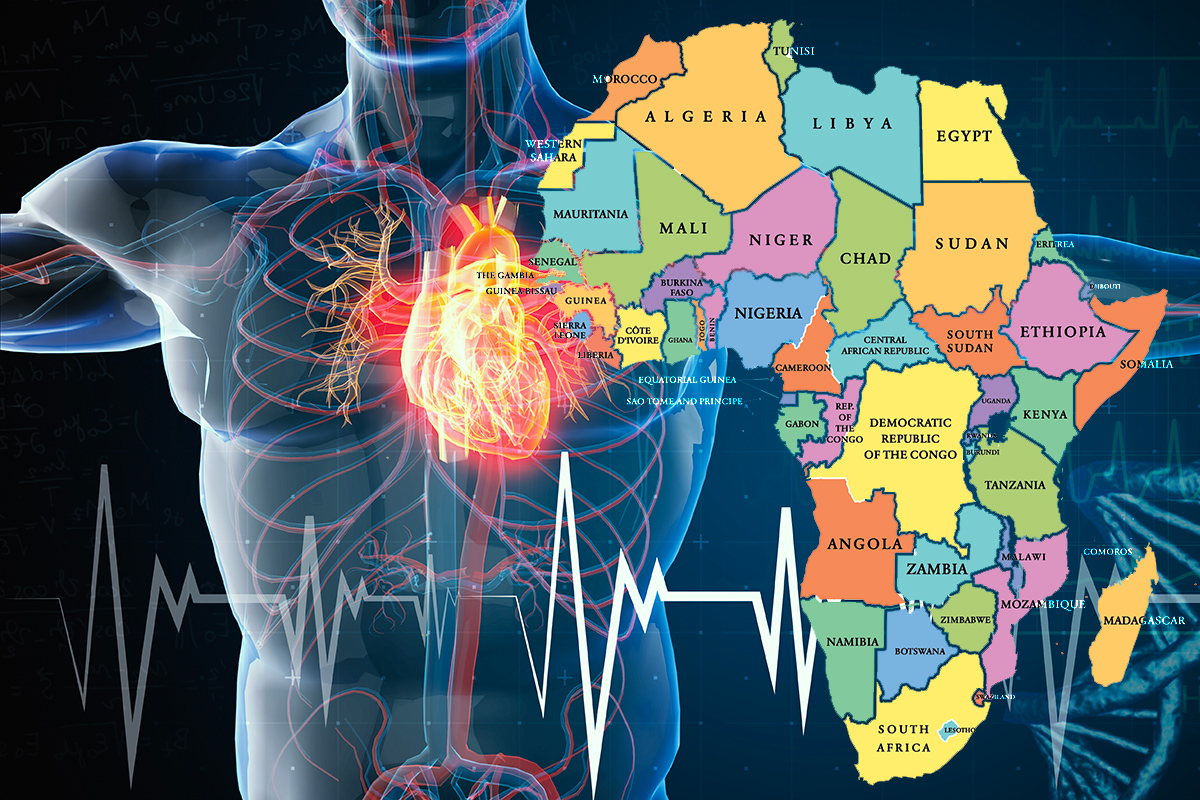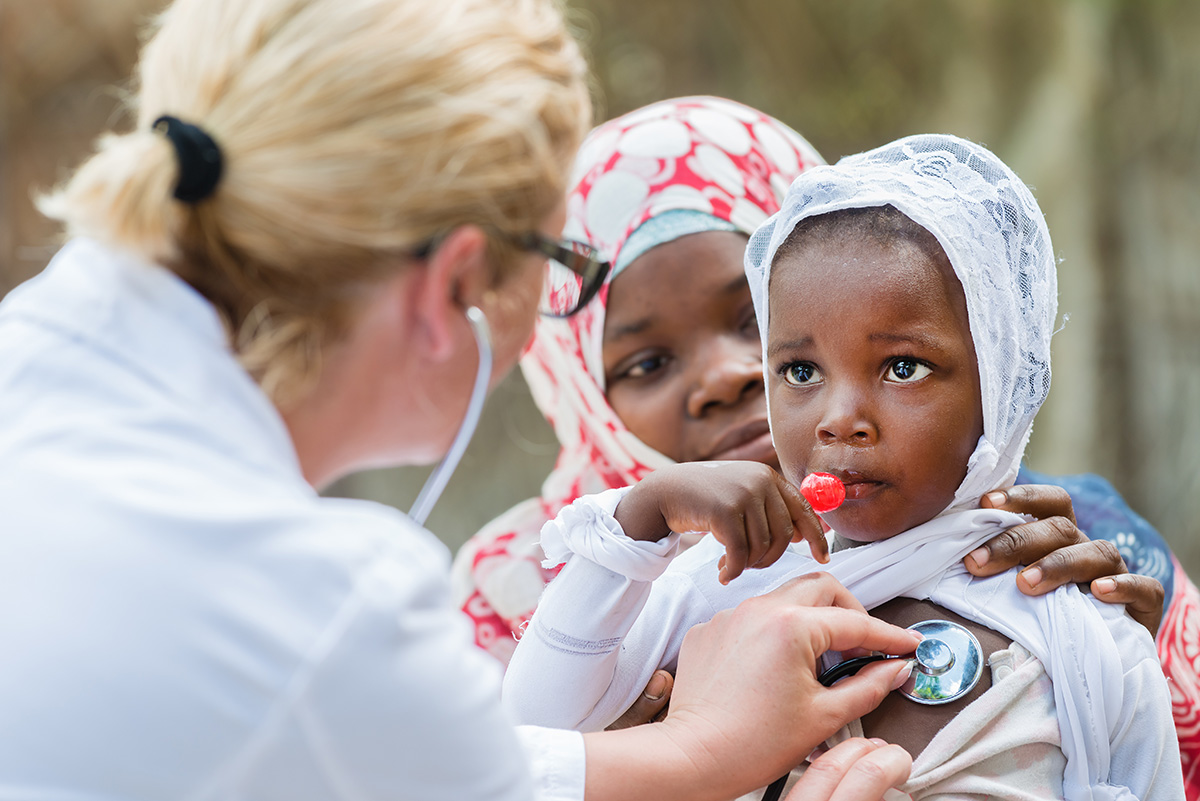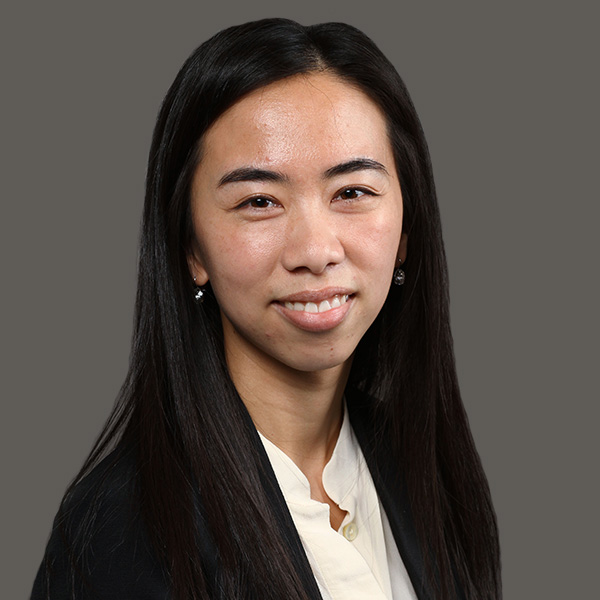Building Global Networks With Early Career Cardiologists in Africa and Other Underserviced Regions

The U.S. has more than 25,000 cardiologists for a population of 328 million. The continent of Africa has approximately 2,000 cardiologists for a population of 1.2 billion.
These numbers are not a statement about the low incidence of heart disease in the African population but rather the overwhelming number of heart disease patients each cardiologist who practices in Africa must face.
I cannot imagine what it must be like to be one of the only cardiologists in your country. When I transitioned to rural practice, I was armed with support from experienced cardiologists at both the Massachusetts General Hospital, where I did my advanced echo and research fellowship, and the University of Calgary, where I did my general cardiology training and the closest tertiary care hospital to my rural community.
I lined up all my cardiology and echo textbooks; put my closest electrophysiology, heart failure and imaging friends on speed dial; and loaded my iPhone with all the guideline apps I could find. While this may be a familiar scenario for many of us, my early career colleagues in Malawi and Rwanda have few of these luxuries.

My work with the Program in Global Noncommunicable Disease and Social Change at Harvard Medical School and within the NCD Synergies project at Partners In Health, a nongovernmental organization, focuses on accompanying the public sector to ensure high-quality, dignified care to those that need it most – using policy and research to close gaps in health care among the poorest billion people in the world.
As part of this work, I teach mid-level providers (nurses, clinical officers and physician assistants) who have been trained on the PEN-Plus model of noncommunicable disease care how to perform focused bedside point-of-care echo and use findings for basic heart failure management.
While providers have been able to acquire basic echo skills over time with continued mentorship and successfully treat conditions such as severe cardiomyopathy and right heart failure caused by lung disease such as tuberculosis, diseases such as progressive rheumatic heart disease and uncorrected congenital lesions unequivocally require intervention.
There is need for a larger number of well-trained pediatric and adult cardiologists on the African continent who are well-supported and have the resources they need to practice confidently.
My group is planning for the training of additional African cardiologists over the next several years with the critical support from their country's leadership and partners such as Children's Heartlink.

These fellows and eventual early career cardiologists will need the same support we enjoy – experienced mentors, a professional network, resources that are easy to navigate, access to continuing medical education and research funding, and a cardiology friend on speed dial.
This is an initiative we can all support in personal and organizational ways such as forming early career cardiology networks that include those from low-income countries, collaborating on research with those who cannot access the same funding, and advocating for preferential access to journal articles and educational resources for those who practice in the lowest income countries.
Having lived in the ivory tower for my nine years of postgraduate training, I had never considered being without access to academic journals and UptoDate or being unable to run a tough case by a friend.
Many barriers have kept us from forming these international partnerships in the past: lack of experience, lack of cultural understanding and lack of appreciation for the ways we can benefit from each other.
It is not until we start building these bridges that we can address the barriers we face. It is time to extend our networks and reach out – globally.
